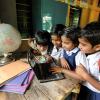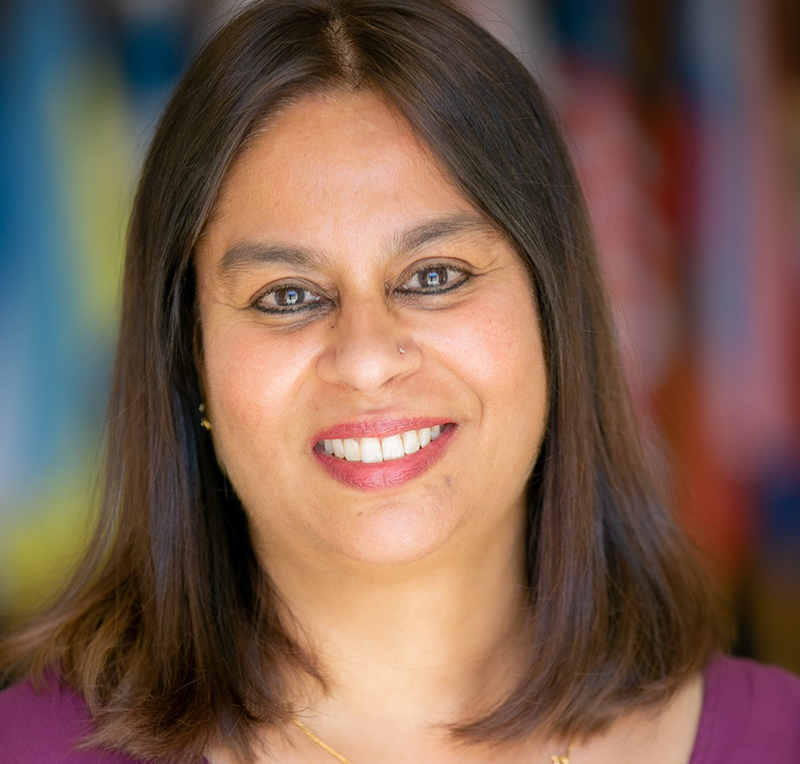
Options Magazine, Winter 2023: IIASA Transformative Institutional and Social Solutions Research Group Leader, Shonali Pachauri, explores policy pathways for achieving universal access to basic services and technologies. She was a lead author of the Working Group III contribution to the Intergovernmental Panel on Climate Change (IPCC)’s Sixth Assessment Report (AR6), and a member of the Extended Writing Team for the Synthesis Report.
Q What role do the IPCC and Working Groups play in increasing ambition and action on climate change?
A The IPCC provides the most comprehensive and authoritative assessment of available knowledge on the risks, causes, and consequences of climate change, as well as the potential response strategies to address it.
The latest IPCC Synthesis Report highlighted just how far off-track the world is and underscored the urgency of taking more ambitious action. It serves as a critical input to the first global stock take of the United Nations Framework Convention on Climate Change (UNFCCC).
Q Do you have any suggestions on how society could apply the knowledge gained from the report to enable a quick transition to carbon neutrality?
A The exact strategies for a transition to carbon neutrality will vary by context, but the AR6 provides a clear assessment of available options in every sector that can at least halve emissions by 2030. For the first time, it includes an entire chapter on “Demand, Services, and Social Aspects of Mitigation”. A key message is that changes to our lifestyles and behavior can reduce our carbon footprint and improve our health and wellbeing. To be effective, such lifestyle changes need to be supported by systemic changes across every aspect of society – including transport, buildings, industry, and land use.
On an individual level, the biggest contribution can be achieved by switching to walking and cycling and using electrified transport. Other effective options include reducing air travel and adapting our houses. Shifting towards balanced, plant-based diets can help lower our individual carbon footprints and is good for our health too.
Q What do you hope to accomplish with your work at IIASA?
A I hope that through my work I can expand knowledge of how to achieve a decent life for all with access to energy services, infrastructure, and other essential resources, while simultaneously protecting our planet. I am particularly interested in applying the research I do with my IIASA colleagues to improve the lives of people that are deprived of the basic services that are important to living a decent life.
Q You have published multiple papers in high-profile journals, and you are on the editorial advisory boards of several journals. What advice can you give early-career researchers?
A Work on issues that you are passionate about and committed to. There will be times when your work will feel like sheer hard graft, but it’s important to build persistence, patience, and resilience to power through. If you embrace your challenges, they can become opportunities for growth and learning. Most importantly, surround yourself with people you enjoy working with. We spend so much of our waking life working, it is important to have fun at work too.
By Bettina Greenwell

